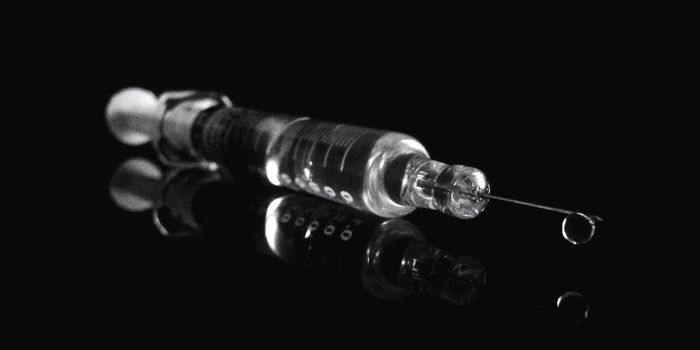New Drug Has Cardio-Protective Effect Against Heart Attack
One drug, LCZ696, is a physician’s first choice to treat chronic heart failure. But now researchers have reason to believe that the drug can also prevent a lethal complication that occurs during heart attack, a common cause of heart failure.
LCZ696 combines two drugs, Valsartan and Sacubitril, which work together to simultaneously counter high blood pressure and protect the heart. Sacubitril inhibits an enzyme that breaks down hormones secreted by the heart, Atrial Natriuretic Peptides (ANPs) and B-type Natriuretic Peptides (BNPs). These natriuretic peptides are released by the heart in response to heart failure, as they fulfill a variety of roles such as venous and arterial dilation, reducing blood pressure.
Angiotensin-converting enzyme (ACE) inhibitors and Angiotensin II Receptor Blockers (ARBs) are drugs historically used first to treat heart failure and heart attack. They lower blood pressure to a healthy level by blocking the Renin-Angiotensin-Aldosterone System (RAAS). LCZ696 was shown to reduce deaths and re-hospitalizations due to heart failure better than ACE inhibitors in a 2014 study.
In a study from Kumamoto University, scientists used a mouse model of heart attack to see if LCZ696 could indeed be used for people experiencing a heart attack in addition to treat heart failure. Models were divided into three experimental groups based on which treatment they received:
-
No treatment
-
ACE inhibitor
-
LCZ696
The mortality rate due to cardiac rupture after heart attack was the lowest in the group of mice who received LCZ696 treatment. An analysis of gene activity showed that the drug prevented cardiac rupture, reduced inflammation, and inhibited tissue degradation.
"This improves a patient's prognosis by suppressing cardiac rupture," explained Koichi Kaikita. "In the future, it is expected that LCZ696 will be used not only to treat chronic heart failure but also as therapy after acute myocardial infarction."
Cardiac rupture is a fatal mechanical complication of heart attack, prompted by the breakdown of the wall between healthy cells and dead and dying cells. This complication is rare but dangerous; cardiac rupture is responsible for up to 24 percent of in-hospital deaths due to heart attack.
"LCZ696 is a new therapeutic drug that improves the prognosis of patients with chronic heart failure," said Dr. Masanobu Ishii. Cardiovascular disease is the leading cause of death worldwide. "We know that ischemic heart disease, especially [heart attack], is one of the causes of chronic heart failure and our study revealed that LCZ696 has a cardio-protective effect against myocardial infarction."
The present study was published in JACC: Basic to Translational Science.
Sources: Heart, Cardiovascular Physiology Concepts, Kumamoto University









